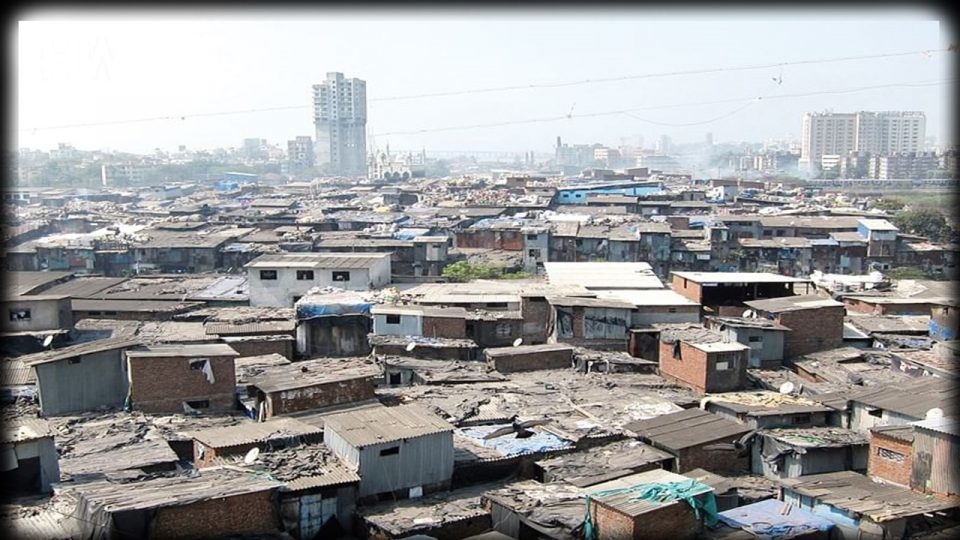It’s proving to be very difficult to trace who the domestic help met over ten days in dense slums since she got infected with the coronavirus.
“How can we get it, why are you here to test us… because we are poor and live in slums?” said the son of 68 years old domestic help who tested positive for coronavirus on March 18th. Civic officials had gone to the house in central Mumbai slums, reported the Indian express.
Probably the first case in India where someone residing in slums of Mumbai has tested positive for the deadly virus, putting forth a new challenge for the authorities to trace the community in a crowded slum where around 23000 people live within an area of less than a square kilometers.
It’s proving to be very difficult to trace who the domestic help met over ten days in dense slums since she got infected with the coronavirus. Health workers find it more difficult to trace every woman who used the same public washroom she used for bathing.
A 47 yeard old man returned from the US on 7th March to his home in Mumbai’s central suburb. The 68 years old domestic help who lived nearby used to clean his house every day. On 17 March, he tested positive for coronavirus. Thus, his family members including the help were tested. Only the help tested positive for the virus.
The tracing remains an easy job in developed and upper-class localities of Mumbai. But as the health officials take on the task of tracing in the overcrowded slums, it gets difficult to trace very person the infected came in contact with.
The help was admitted to Kasturba Hospital, where she was not allowed to use the phone in the isolation ward. The authorities feared that if the phone was given to her son, the transmission may happen outside.
“When Kasturba doctors asked her who her close contacts were, she couldn’t reply properly. She was scared, didn’t understand what was happening, we think,” Dr. Avdhoot Kanchan, a BMC official said.
When the health officials reached her son who is a daily wage worker, he was not ready to get tested.
“He kept saying he had no symptoms, questioned whether we were admitting him because he is a slum-dweller. We had to counsel him about how it spreads, the risk his family is in if they don’t get tested,” Kanchan said.
After getting information from her son about 3 houses she worked for other than 47 years old’s, the officials traced the families and sent them to Kasturba Hospital for testing.
Whereas in area where the help lives, it is getting difficult to trace those who may have been infected. The help’s family of 6 people lives in a tiny room of 250 sq feet, all the adjoining houses similar in sizes and extremely close to each other. The officials visited almost 500 households to check if someone had been symptomatic with fever, cough but did not succeed as they found no one with symptoms.
Dr. Bhupendra Patil, the ward medical officer said, “The challenge is to make them understand home quarantine without spreading panic in the slum. We spoke with neighbors to check if they saw the woman with anyone. They gave a few names. The contact tracing process is on.”
As an independent media platform, we do not take advertisements from governments and corporate houses. It is you, our readers, who have supported us on our journey to do honest and unbiased journalism. Please contribute, so that we can continue to do the same in future.

